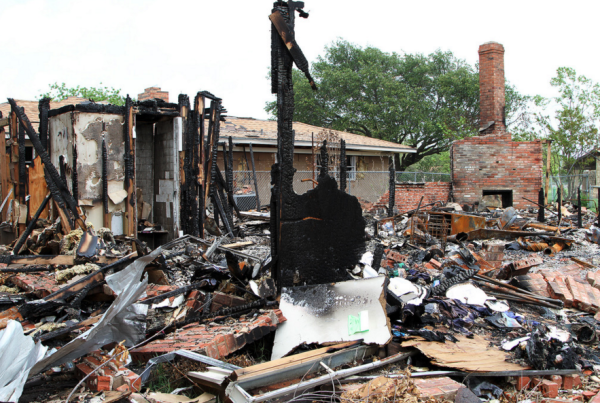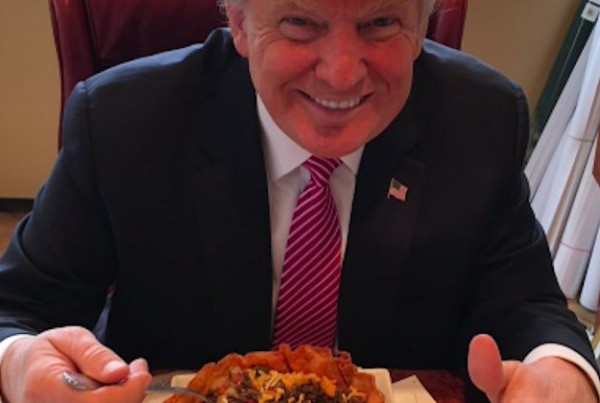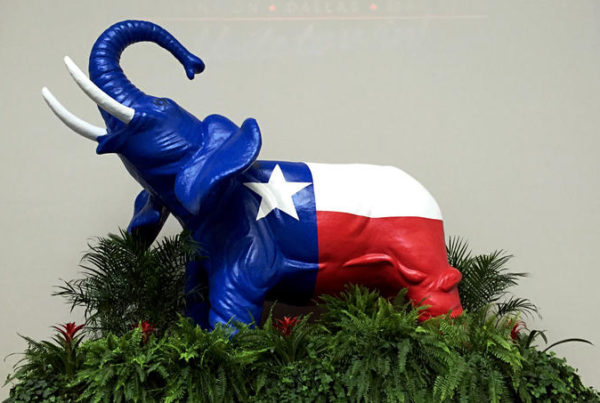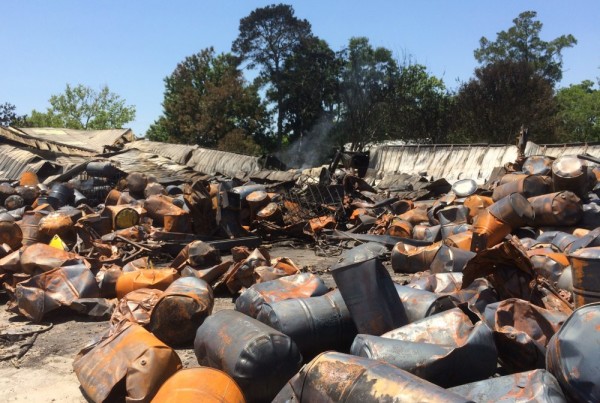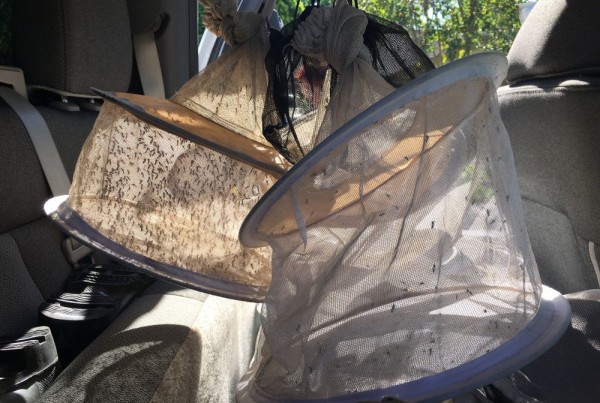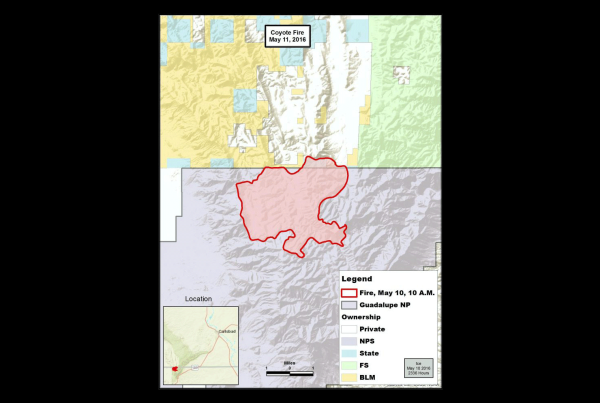Last June, Texas legalized a form of medical marijuana: a type of oil derived from cannabis that won’t get you high, but research shows could help ease seizures, especially among young Texans with certain medical conditions.
The law was branded the Compassionate Use Act. This summer the state will start reviewing applications from companies that want to grow and produce marijuana to make what’s called CBD oil: not a simple thing for a company to do in a state where possession of cannabis can still land you in jail.
Brian Vicente, a Colorado-based lawyer advising future Texas marijuana farmers, says the Department of Public Safety will begin receiving applications for would-be business owners who want to grow, process and sell CBD oil.
“It’s going to be a little bit of a longer process than anticipated,” he says.
Law mandates that DPS issue at least three licenses to new marijuana processors by September 2017. “Texas is taking a hard look at these potential business owners,” Vicente says. “They want to make sure they don’t have certain kinds of criminal convictions. They want to make sure they have experience growing this certain strain of marijuana.”
Because DPS wants growers with experience, Texas-based companies will likely have to partner with growers from out-of-state, Vicente says. Twenty-four states have more robust medical marijuana laws so going into business with someone in those regulatory markets could be useful to Texans looking to get into the CBD oil business here.
“It would make sense for a local business owner to partner with someone who’s grown in another state,” he says. “This is not recreational marijuana – it’s really for sick people.”
Vicente says there’s a stigma related to medical marijuana and marijuana businesses, so the potential state contractors should be upfront about their ability to finance these projects and their commitment to providing CBD oil as a treatment.
“I think it’s incumbent upon those business owners to show that they are pillars of Texas society, that they care about providing medical marijuana to patients,” he says.
Texas has to license at least three before the end of 2017 but Vicente says he expects there will be more. “We’ve gotten over a hundred inquiries at our law firm from folks that are interested in potentially opening these businesses in Texas,” he says. “My guess is that there are many, many more people out there like that.”
Vicente says he sees this as the first wave of a “green rush” of sorts – in the medical marijuana industry with the potential of making tens of billions of dollars. So could a company that started out with CBD oil eventually become, as host David Brown puts it, the “Budweiser of Bud”?
“If you kind of get in on the ground floor with laws like this, there’s really good potential for economic growth,” Vicente says.
But, Vicente says, potentially licensees should keep their business model focused on medical marijuana, since that is the licensing that Texas offers now. “We think it’s important that people really focus on the medical aspect and not sort of build their dreams around ultimately selling recreational marijuana,” he says.
But, since the country’s first marijuana laws were passed in 1996, Vicente says he’s noticed an arc of change common to many states that start out with weaker medical marijuana laws. The initial law often proves that there’s a viable market for medical marijuana and that it’s helping people. Then, usually those laws are broadened to include more conditions, like cancer and chronic pain.
“Then often the public gets softened up,” Vicente says, “and says, Alright, this does make sense. If sick people can buy it from these stores, why can’t just anyone buy it who’s 21 and older. That way, we’re capturing tax revenue instead of having that money go into the hands of cartels or the underground market.”





